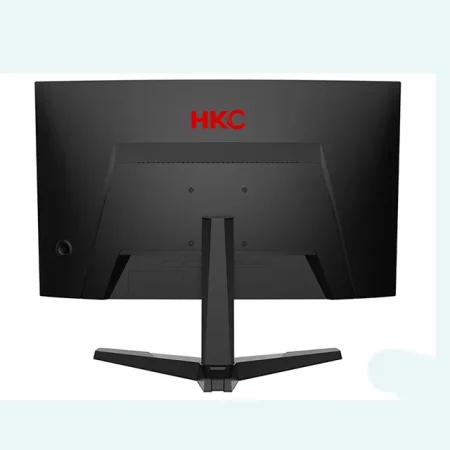Former executives of Copia Global have launched Stahili, a new e-commerce platform in Kenya that offers cashback, discounts, and mobile data rewards to users for their engagement. Registered in June 2024, shortly after Copia entered administration, Stahili is fully owned by Copia Holding Company, a U.S.-registered entity linked to Copia Global. The platform is already operational in Kenya, with a live website featuring deals on its products. This launch comes at a sensitive time for Copia’s creditors, employees, and investors, many of whom are still grappling with the fallout from one of Kenya’s most high-profile startup failures.
Stahili’s business model takes cues from early Groupon and Coupang, aiming to empower lower-income African consumers by rewarding them for engaging in surveys and providing feedback to brands. Unlike Copia’s asset-heavy, agent-driven last-mile delivery system, Stahili operates with minimal physical infrastructure. The platform primarily targets middle- and lower-income consumers who scan QR codes, offer product feedback, and earn instant rewards.
The rapid rollout of Stahili has raised questions about corporate recovery and asset protection, as Copia Holding Company continues to be active despite the liquidation of Copia Global. Industry experts have highlighted financial mismanagement within Kenya’s startup ecosystem, where funding intended for scaling businesses is often diverted. The future success or failure of Stahili will determine whether this approach is a legitimate learning experience or a continuation of unsustainable business practices.
In addition to Stahili, Tracey Turner has co-founded Olverra, a U.S.-registered entity designed to help African artisans sell handmade products internationally. The CEO of Olverra, Vijay Otieno, a Kenyan data engineer, oversees this venture. Unlike Stahili, which focuses on domestic consumer engagement, Olverra seeks to support local creators by providing them with global reach, potentially sidestepping some of the logistical and scaling challenges that plagued Copia.
The launch of Stahili by Copia’s former leadership team raises significant questions about corporate recovery, asset protection, and investor trust in the Kenyan startup ecosystem. Although Stahili’s model aims for a lower burn rate and a more sustainable path to profitability, it will still need to prove its ability to deliver value at scale in a competitive market without rapidly depleting capital.
Want to get your brand in front of Africa’s most engaged business audience?
Whether you’re in tech, finance, energy, logistics, or beyond — we’ve got you covered.
👉 Advertise with us.
/* Shares”}};
/* ]]> */




















